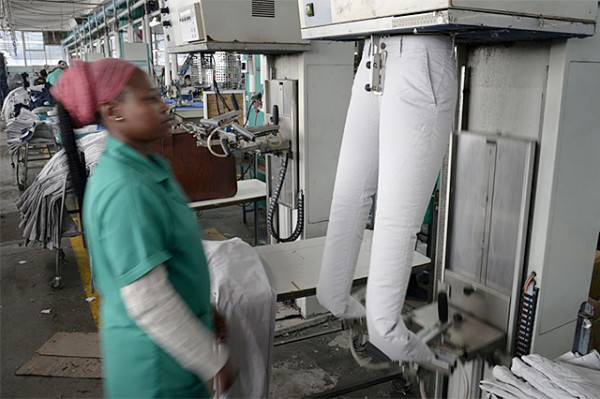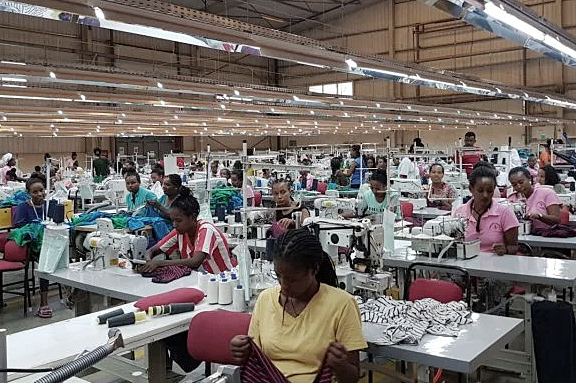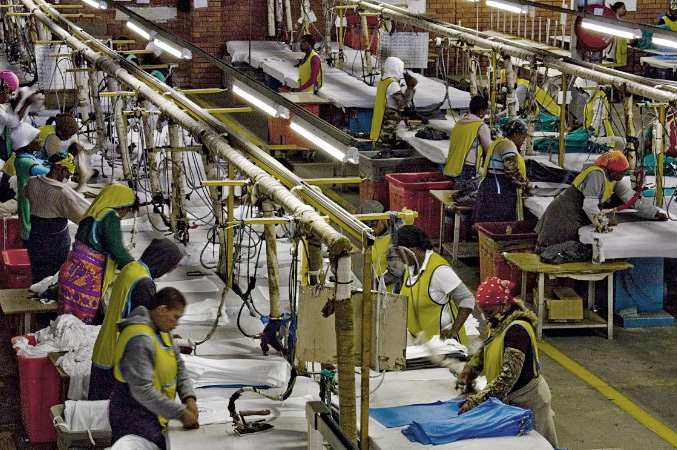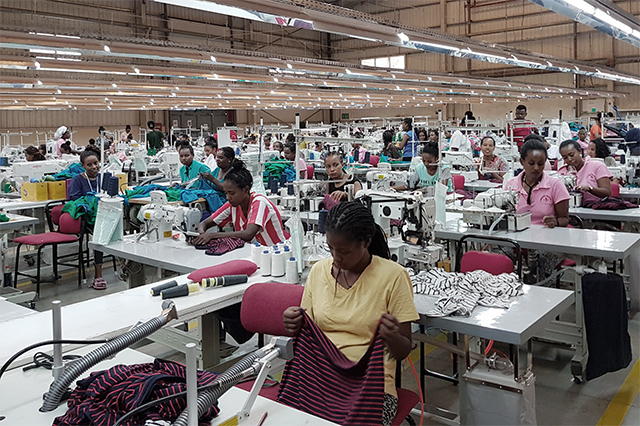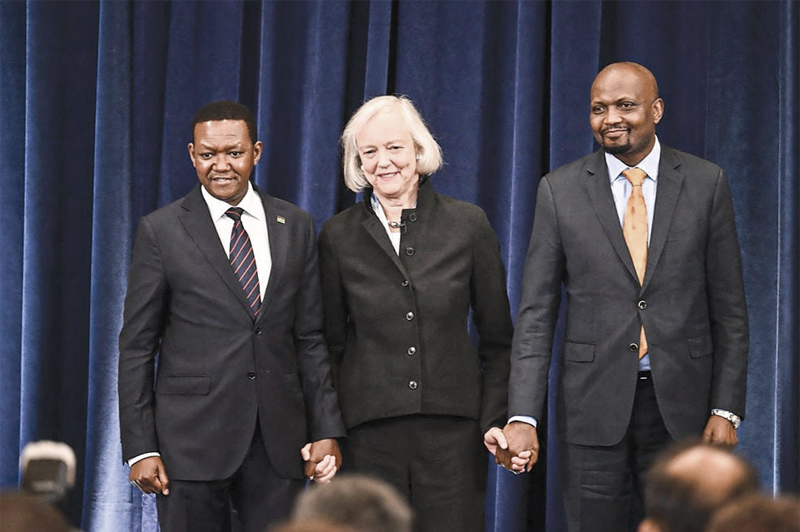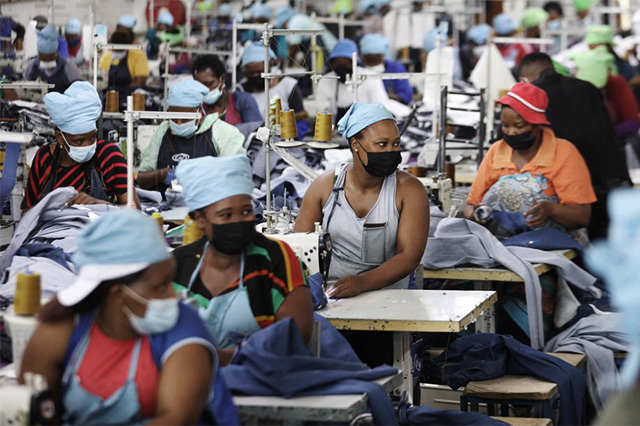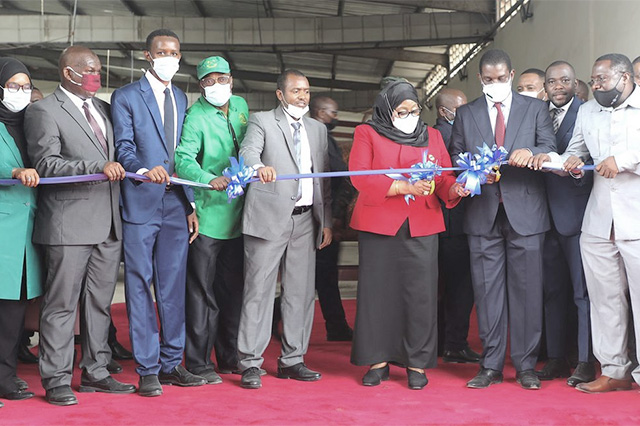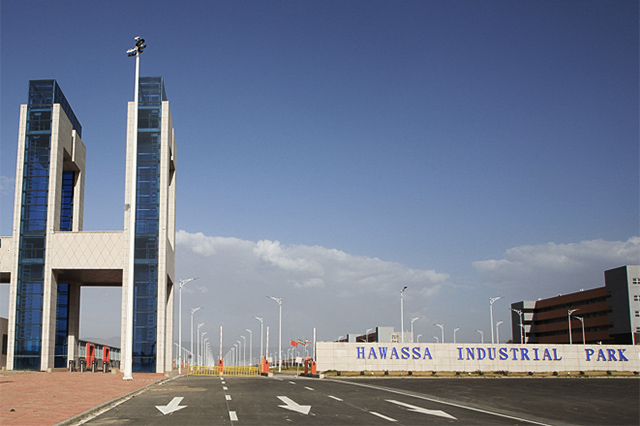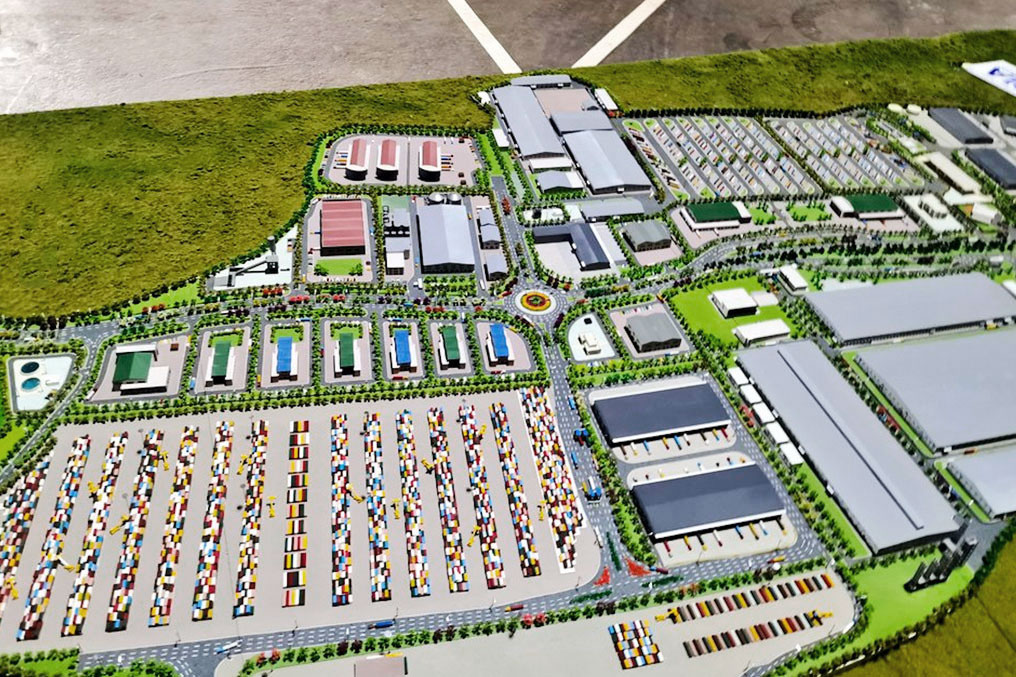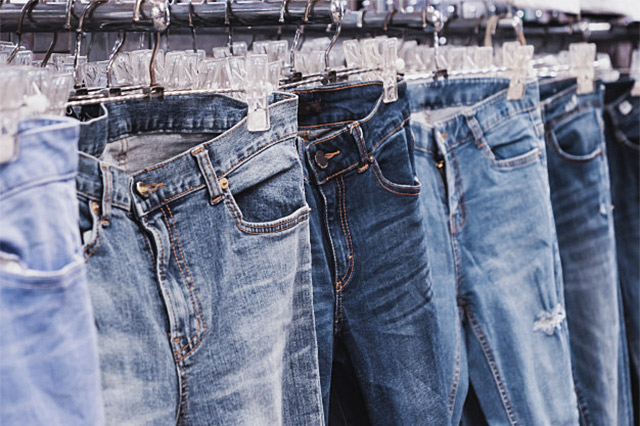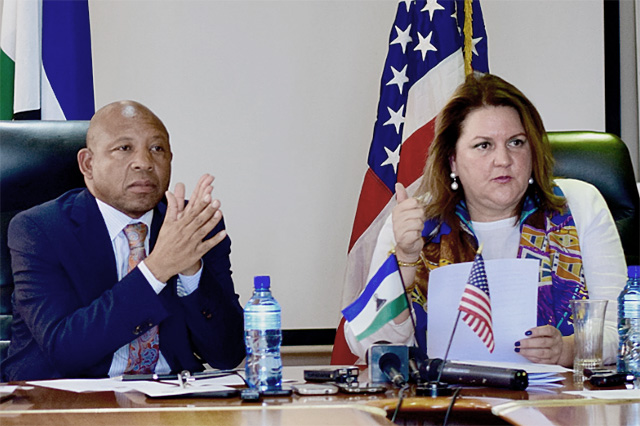US retailers rally to 'close trade margins in Africa and Haiti'
US retailers and clothing brands are asking Congress to demolish the bipartisan foundation of our groundbreaking economic partnership with Africa, the African Growth and Opportunity Act (AGOA), a uniquely bipartisan effort to help unlock the continent's vast potential.
The lobbying is also an effort to undermine the opportunities provided to Haiti, this hemisphere's poorest country, under the Haiti HOPE/Help legislation.
If they are successful, they will jeopardize the livelihoods of countless thousands of Africans and Haitians, mostly women, who have been lifted out of extreme poverty thanks to the jobs AGOA and other preference programs have helped create.
They will discourage investment that would have created more similar jobs. They will gratuitously hand a huge win to global rivals who seek to portray us as partners who cannot be trusted.
Their lobbyists will deny it, of course, but that is nonetheless the likely impact of changes they seek in U.S. market access rules for developing countries when they come up for renewal next year. A proposed "modernization" of the U.S. Generalized System of Preferences (GSP) program would swing a wrecking ball at AGOA and Haiti HOPE/HELP and severely undermine some of the most significant opportunities created by Free Trade Agreements (FTAs) such as CAFTA, NAFTA and the Peru/U.S. FTA.
GSP waives U.S. import duties on products from the 119 developing economies that currently qualify for the program and allows up to 65% of the value of those products to come from third countries, such as China. While the list of products eligible for tariff exemption is already long, textiles and apparel are specifically excluded unless the exporting country also qualifies for benefits under AGOA, HOPE/HELP or similar initiatives that help to provide opportunities in Central America and the Caribbean.
Put simply, AGOA is GSP with textiles and apparel included. U.S. brands and retailers are lobbying to make the same enhancement available to any GSP country that wants it, including countries that are already globally competitive in the production of textiles and apparel. Unfortunately, AGOA for all means AGOA for none. It would undermine the advantage of AGOA's textile and apparel provisions, effectively gutting the act by eliminating the margins of trade preferences accorded to African countries.
This would send an unmistakable message to our African friends that we are no longer interested in helping them achieve their own version of the East Asian miracle.
Congress gave sub-Saharan Africa AGOA, basically an enhanced GSP, with a clear goal. Apparel manufacture for export is a proven kick-starter for precisely the kind of industrialization the continent needs to lift its people from poverty and from the underlying curse of dependence on primary commodities as a source of national income. That was and remains a founding premise of AGOA, backed by the conviction that rising African prosperity will open up significant new markets for American goods and services.
Garment sector investors are constantly shopping for locations that will reliably give them the most profitable access to major markets like the U.S. This latest threat to change the rules will not only deter new investment in AGOA countries, but will very likely encourage companies to move production to GSP countries like Cambodia, Indonesia, Pakistan and the Philippines – already long-established major apparel suppliers.
Without duty-free treatment, Cambodia, alone, exports more garments to the U.S. than all of the 49 countries of Sub-Saharan Africa combined. And should Bangladesh, whose GSP benefits have been temporarily suspended due to its dismal record on worker safety, regain that status it could, as the third-largest apparel producer globally, put the final nail in the proverbial coffin for AGOA beneficiaries.
It is not as though the GSP beneficiaries are barred from the U.S market. Apparel sourced from GSP countries may not enter the U.S. duty-free, but even so it accounts for nearly a third of U.S. imports. In other words, these exporters are already apparel powerhouses and do not need additional preferences to support their industries. AGOA countries, by contrast, account for less than 2% of U.S. imports. No matter which party has controlled the White House or Congress, U.S. lawmakers have agreed it is in America's national interest to see that share grow.
Lobbyists for the rule change say U.S. importers need help diversifying their supply chains away from China -- especially now that the Trump administration is imposing additional tariffs on Chinese products to leverage greater gains for U.S. intellectual property protection.
Assuming those tariffs on China genuinely threaten U.S. retailers' margins, they do create an incentive to shift sourcing away from China. But how does that create a valid rationale for extending duty-free treatment to exporting nations who already have a large share of the U.S. market? How does it justify vitiating AGOA or undermining the similar preferences we've granted to help grow the economies of partners in our own hemisphere via the Caribbean Basin Initiative, HOPE/HELP and the Central American Free Trade Agreement?
To the extent that tariffs and – perhaps more importantly – rising labor costs are making China a less competitive source for U.S. brands and retailers, we should be working to ensure this represents an opportunity for AGOA countries and for our neighbors to the south whose prosperity is critical if we are to stem the flow of migrants fleeing north to escape poverty and address the growing attraction of terrorism in Africa.
"Modernization" proponents protest that they are misunderstood and that what they are really trying to do is give our trade negotiators improved leverage. To get the new textile and apparel benefits, they say, countries will have to jump through important hoops. They will have to tighten up their labor standards (now murderously lax in many instances), do more to stop the theft of our intellectual property and be more welcoming to our exports.
That sounds good in theory, but in the real world this is a smokescreen. The underlying motivation for the rule change is to increase the margin brands and retailers stand to make on every item of clothing they import and sell. They will be looking for the cheapest way to get the countries they want to source from around whatever hoop is put in their way. Hiring lobbyists to win favorable rulings in Washington puts less of a dent in their margins than making sure Bangladeshi seamstresses aren't crushed to death in collapsing sweatshops.
If brands and retailers feel starved of sources to supply their customers' demand for affordable clothing, they should make fuller use of the trade preferences that already exist. Thanks in large part to AGOA and the economic reform it has encouraged, countries such as Kenya, Lesotho, Ethiopia and Madagascar are seeing significant investment in their clothing and textile sectors, as well as in supporting infrastructure. Haiti has seen almost 30,000 new jobs created since the devastating earthquake of 2010.
This is a trend we should be supporting, not subverting.
- Rosa Whitaker is president and CEO of the Whitaker Group and a former Assistant U.S. Trade Representative for Africa in the administrations of presidents Bill Clinton and George W. Bush.
- Gail Strickler is president for Global Trade of Brookfield Associates, LLC and a former Assistant U.S. Trade Representative for Textiles in the administration of President Barack Obama.


